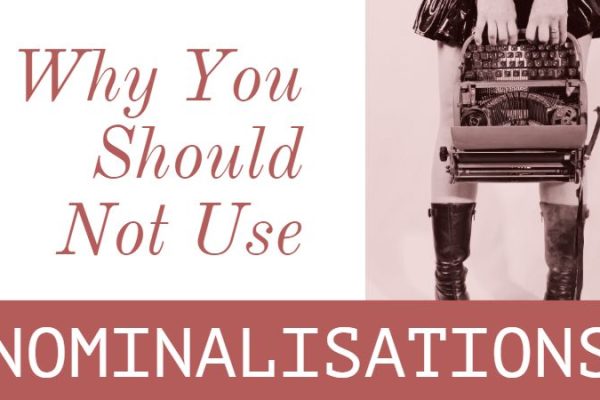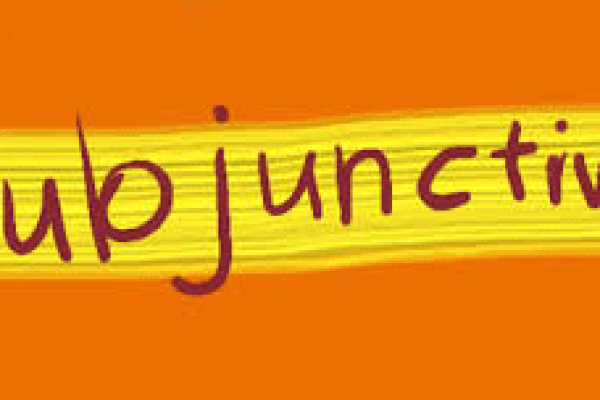We kunnen hier nu wel iedere week ‘tips & tricks’ geven over hoe op een begrijpelijke en compacte manier (bijv.) contracten in het Engels te schrijven, maar veel beter is om daar een training in te volgen. Branch Out presenteert met trots: DRAFTING BETTER CONTRACTS IN ENGLISH. Voor meer informatie: info@branch-out.eu
About this course
Contract drafting in an international and global environment poses many challenges for the drafter. As English is often the language of choice, drafters not only have to be proficient in drafting contracts in English, but must also consider the following:
- The differences between common law and civil law contract practices
- Writing for an audience which is not always familiar with the Dutch civil code
- Working from precedent contract models which have been copied and pasted and are of uncertain quality, relevance and provenance.
Traditional Anglo American contract language is notorious for the its overly complex style. Precedent contract models are littered with archaisms, redundancies, chaotic verb structures, legalese, and appear to be immune to modern English language usage.
These writing practices can be traced back to the origin of English common law with its mixture of French and Latin. Fortunately, legal professionals in the English speaking world are taking a stand and calling for an antidote to this outdated and unnecessarily complex and confusing writing style. Great strides have been made in the area of legislation where proponents of the so called plain English movement have persuaded legislators to write statutes in easily understood Modern Standard English (MSE). Although persuading lawyers to follow suit in contract drafting has met with some resistance, change is happening and more and more legal professionals are moving towards writing contracts in MSE.
Course summary
This practical two-day course has been designed to help non-native speaking lawyers (although native speakers could also pick up a tip or two) become more independent, critical and confident when drafting in English. It combines modern drafting techniques with the necessary language skills to help improve participants’ English drafting skills. As with all Branch Out courses, the learning environment is interactive and the course content tailored to the group.
The course activities are not only designed to focus on a group’s particular English language problems, but also to practise useful drafting techniques which will ultimately aid both the drafter and the reader.
Course outcomes
At the end of the workshop, participants will:
- have a greater understanding of differences between Common Law and Civil Law systems and the impact this has on drafting contracts
- be aware of how drafting in Modern Standard English results in clearer, more concise, reader-friendly contracts less prone to ambiguity
- be better able to distinguish between the different language functions (e.g. obligation, discretion, policy etc.) within a contract and express these more clearly and concisely
- be aware of the meaning of, and impact of using, common law Terms of Art
- be able to identify and eliminate redundancies and archaisms resulting in a more succinct style
- be able to decipher ‘impossible to read’ clauses
- have gained more confidence in their own drafting abilities and, with practise, be able to save time when drafting
Course content
Contract drafting methodology
- Highlighting the differences between Common Law and Civil Law systems and the use of problematic Terms of Art
- Contract drafting – best practices (comparing the good, the bad and the ugly)
- Introducing and practising the principles of Modern Standard English
- The ‘four Cs’ of contract drafting (correctness, clarity, conciseness and consistency)
- Contract layout (the ‘front’ and the ‘back’ of the contract)
- Contract clauses
English language input
- Terms of Art
- Legal collocations (words frequently used together in contracts)
- General vocabulary pitfalls
- Contract grammar: the importance of modal verbs, conditionals and the subjunctive.
- The language of contract drafting (how to clearly specify language functions e.g. policy, permission, obligation etc. in a contract)
Pre-course task
As with all Branch Out courses, the participants’ input forms the backbone of the course. Participants are invited to send in contract examples* prior to course begin. These provide valuable input and the course materials are then adapted to the needs of a particular group or firm. The aim is to adapt the course input to the participants’ own contracts. In addition, practical drafting exercises provide the course participants with the opportunity to apply theory to practice.
(* Branch Out is bound by a non-disclosure agreement)
Trainers
Branch Out’s contract training workshop is provided by a native English-speaking lawyer and one of our experienced communication skills trainers.
Opleidingspunten
In line with the Netherlands Bar’s (NOvA) framework for vocational training for advocates (Onderhoud Vakbekwaamheid), 12 training credits (opleidingspunten) are awarded for 100% attendance of this workshop. In light of the legal input of the programme and that it is partly provided by a lawyer, accreditation is divided into 6 ‘non-legal’ and 6 ‘legal’ training credits.














